In this article, as we delve into the intricacies of URC-20, we uncover how it is set to redefine the dynamics of U2U Network, shaping the future of blockchain-based transactions and applications.
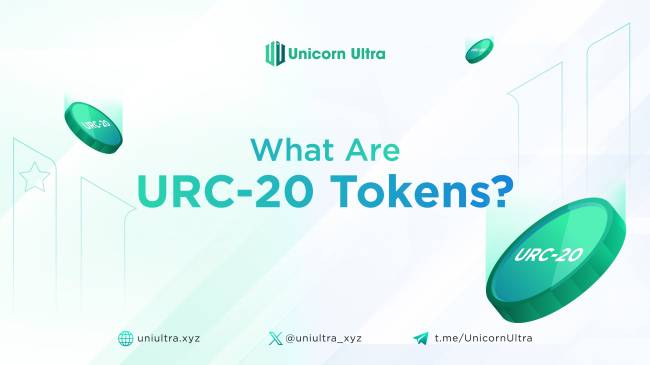
What are URC-20 Tokens?
URC-20 is the technical standard for fungible tokens created on Unicorn Ultra Network (U2U Network). A fungible token is interchangeable with another token - where the well-known non-fungible tokens (NFTs) are not interchangeable.
URC-20 allows developers on U2U Network to create smart-contract-enabled tokens that can be used with other products and services. These tokens are a representation of an asset, right, ownership, access, cryptocurrency, or anything else that is not unique in and of itself but can be transferred.
These tokens adhere to specific protocols ensuring consistency and interoperability within the network. The URC-20 standard outlines the token's functionalities including transferring mechanisms, approval processes, and data accessibility.
Learn more: What are Token Standards and how do they work?
Why are URC-20 Tokens important?
The rise of smart contracts in 2015 marked a significant evolution in blockchain technology, but it also introduced complex challenges, particularly in the realm of token creation and management. The ease of creating digital tokens through smart contracts led to a proliferation of tokens within the blockchain space. While this democratization of token creation fostered innovation and diversity, it also resulted in a fragmented ecosystem fraught with interoperability issues and user inconvenience.
The primary challenge was the fragmentation of the token ecosystem. Without a unified standard, the blockchain landscape became cluttered with an array of tokens, each operating with its unique set of rules and functionalities. This fragmentation created a complex and confusing environment, making it difficult for users to navigate and for developers to ensure compatibility across various platforms.
Moreover, the lack of standardization in token creation led to significant interoperability issues. Tokens developed for specific applications were often incompatible with others, hindering the seamless exchange of value across different applications and platforms. This lack of interoperability was a substantial barrier to the widespread adoption and utility of blockchain technology.
For users, the multitude of tokens presented practical difficulties. Managing and converting between various tokens for different applications became a cumbersome and costly process. This not only deterred new users from entering the blockchain space but also complicated the user experience for existing ones.
From a development perspective, the absence of a standardized protocol meant that developers had to allocate significant time and resources to creating and managing bespoke token systems. This focus on token management often detracted from the core functionality and innovation of their applications, hindering the overall progress of blockchain technology.
Recognizing these challenges, we began to see the need for a standardized approach to token creation and management. The development of token standards, such as U2U Network's URC-20, emerged as a response to these needs. These standards provided a common framework for token creation, enabling compatibility and interoperability across various platforms and applications, thus paving the way for a more unified, efficient, and user-friendly blockchain environment.
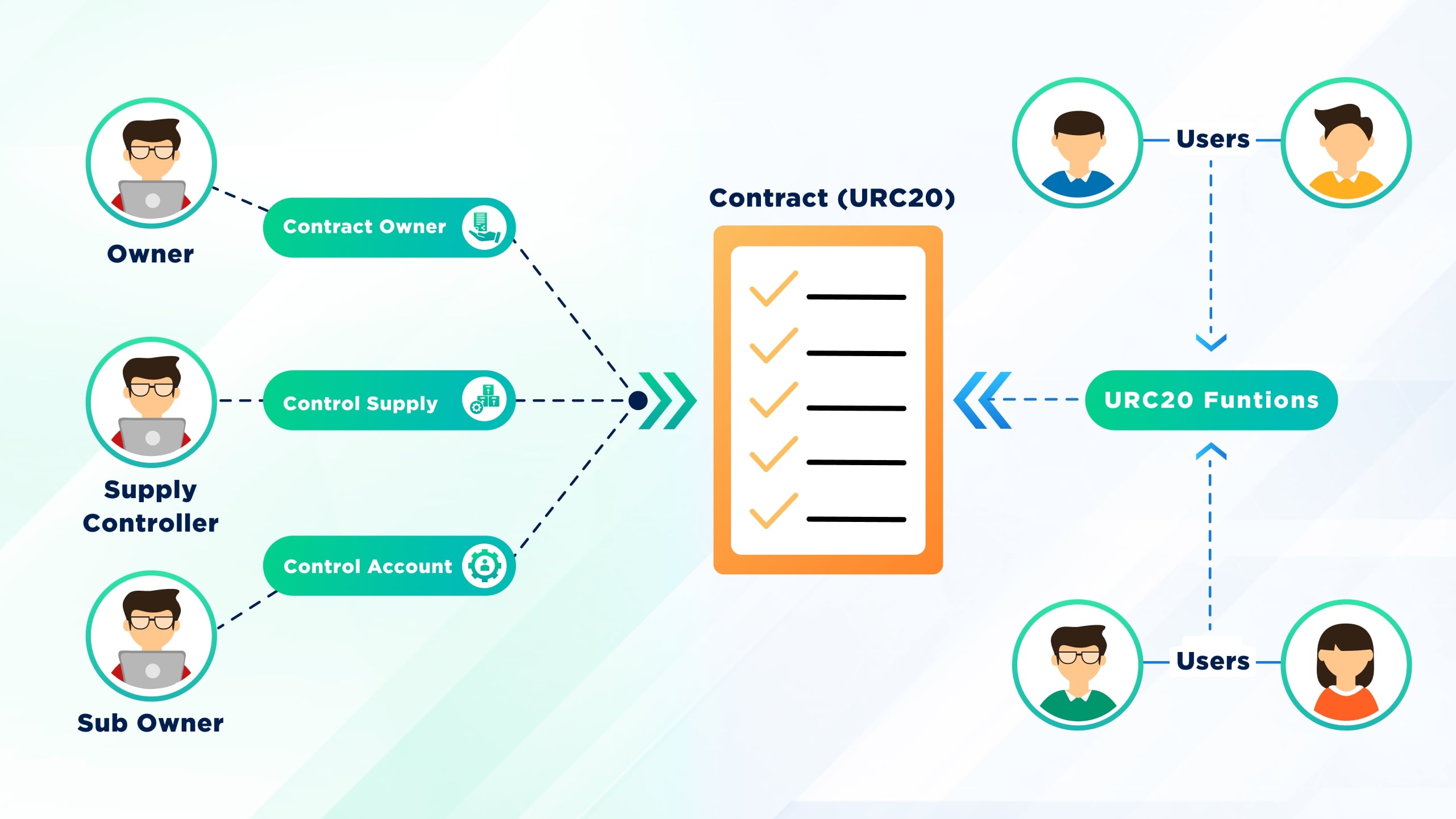
Core Features of URC-20 Tokens
The URC-20 token standard on U2U Network incorporates several core features that are pivotal for its functionality and widespread use within the blockchain ecosystem. These features ensure that URC-20 tokens are versatile, secure, and user-friendly, enhancing their appeal to both developers and users. Let's explore these features in more detail:
Fungibility
Each URC-20 token possesses fungibility, meaning every token is identical and interchangeable with another of the same type. This feature is crucial as it ensures uniformity in value and functionality among tokens.
The fungibility of URC-20 tokens makes them suitable for a wide range of common financial applications on U2U Network, including trading, staking, and use as a medium of exchange in transactions. It is this characteristic that aligns them closely with the concept of traditional currencies, where each unit holds equal value and is indistinguishable from another.
Smart Contract Integration
URC-20 tokens are deeply integrated with smart contracts on U2U Network. This integration allows for the automation of complex transactions and operations, significantly enhancing the tokens' utility.
Through smart contracts, URC-20 tokens can facilitate a variety of automated functions, such as dividend distribution, governance voting, and automated rewards systems. This capability is especially beneficial in decentralized applications (dApps) where automated, trustless interactions are pivotal.
Interoperability
One of the key strengths of URC-20 tokens is their ability to interact seamlessly with a variety of applications and services within U2U Network. This interoperability is essential for a fluid and integrated user experience across different blockchain applications.
The interoperability of URC-20 tokens ensures that they can be used across various platforms without the need for specific adaptations or conversions. Whether it's for decentralized finance (DeFi) applications or gaming platforms or different purposes, URC-20 tokens can be employed universally within the network, simplifying the user experience and enhancing the appeal of U2U Network.
Creating and Deploying URC-20 Tokens
Developing a URC-20 token involves deploying a smart contract on U2U Network. This process requires the contract to specify essential details, specifically:
- TotalSupply: The total number of tokens that will ever be issued
- BalanceOf: The account balance of a token owner's account
- Transfer: Automatically executes transfers of a specified number of tokens to a specified address for transactions using the token
- TransferFrom: Automatically executes transfers of a specified number of tokens from a specified address using the token
- Approve: Allows a spender to withdraw a set number of tokens from a specified account, up to a specific amount
- Allowance: Returns a set number of tokens from a spender to the owner
The following functions are optional and are not required to be included, but they enhance the token's usability and thereby are almost always added:
- Token's name.
- Token’s symbol.
- Decimal points to use.
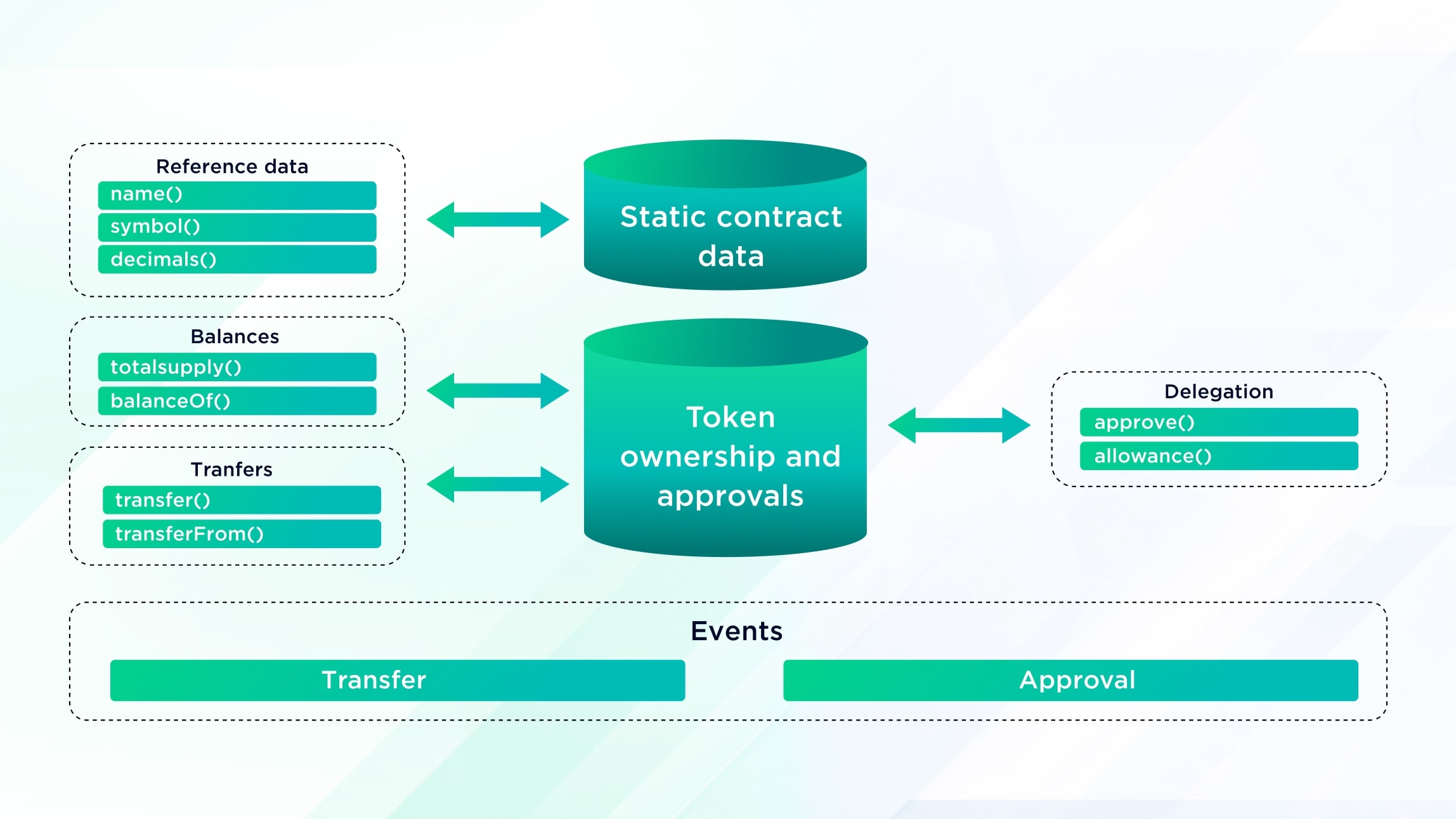
Benefits of URC-20 Tokens
The URC-20 token standard brings several key benefits to U2U Network, significantly enhancing its functionality. The benefits of URC-20 tokens can be seen as:
- Standardization: The URC-20 framework simplifies the development of decentralized applications and services.
- Efficient Network Utilization: Leveraging the U2U Network's infrastructure ensures faster transactions and reduced costs.
- Ecosystem Growth: Encourages development and innovation, contributing to a thriving network ecosystem.
Conclusion
The introduction of the URC-20 token standard on U2U Network is a pivotal development in the blockchain landscape. It addresses key challenges faced by the blockchain community, especially in terms of token standardization and interoperability.
By providing a consistent framework for token creation, URC-20 enhances the user experience, reduces development complexities, and fosters a more integrated network ecosystem. Its compatibility with smart contracts opens up a myriad of possibilities for automated transactions and innovative applications, contributing significantly to the network's efficiency and scalability.
In conclusion, the URC-20 token standard is not just a technical protocol but a driving force behind innovation and usability in U2U Network, signaling a promising future for blockchain technology and digital assets.



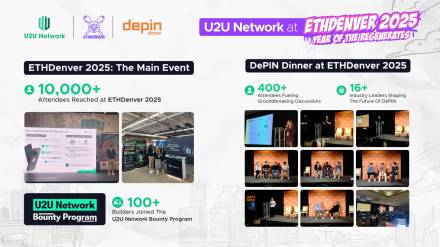
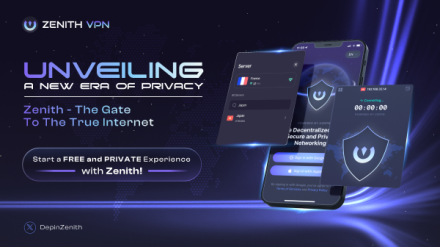
.png)
